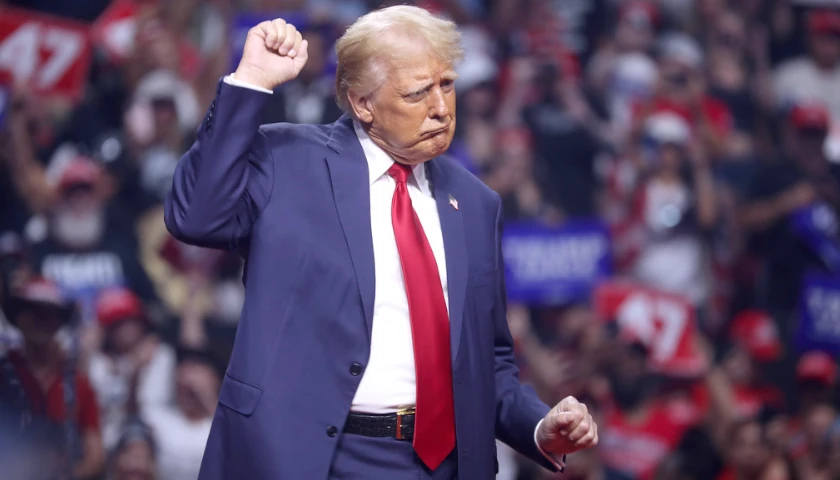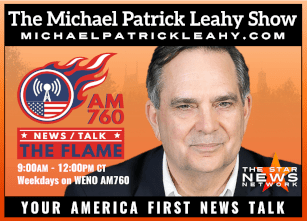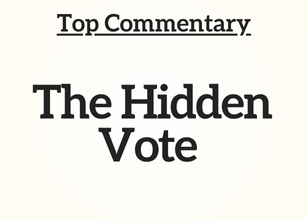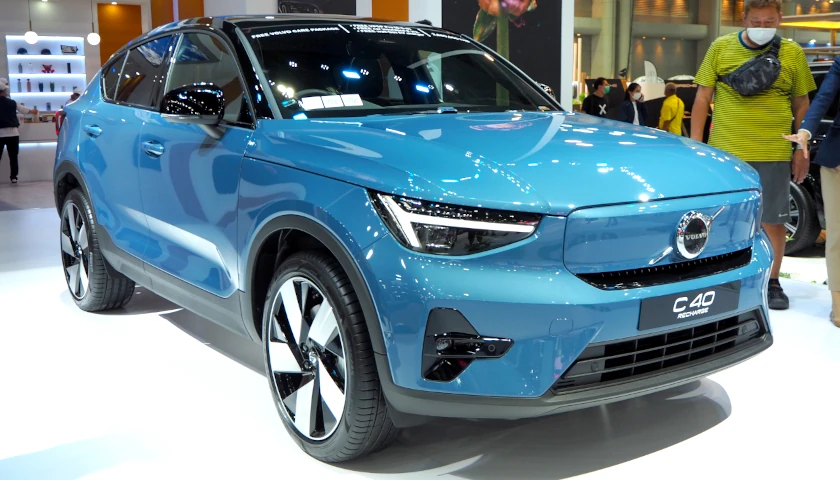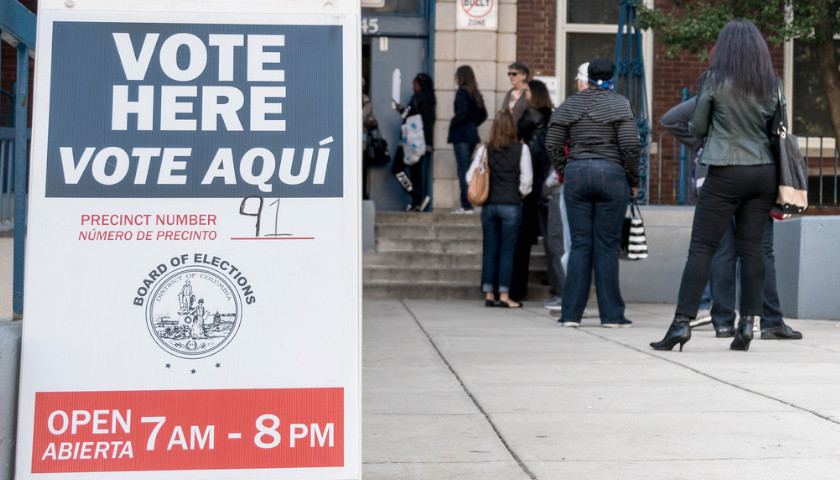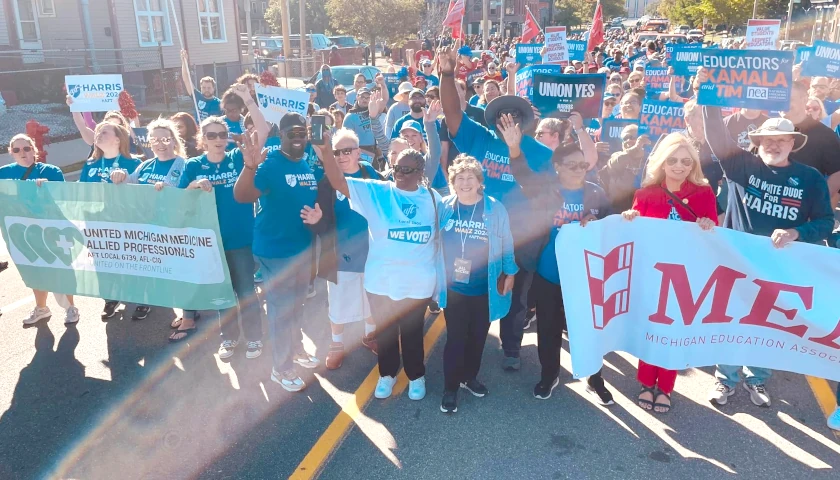Former President Donald Trump raised about $130 million in August, his campaign announced Wednesday night.
Read MoreDay: September 5, 2024
Mark Cuban Claims Kamala Harris Is ‘Going Center’ with Tax Proposals
“Shark Tank” star Mark Cuban claimed Thursday that Vice President Kamala Harris was a moderate, citing her recent campaign proposals on tax policy during a CNBC phone interview.
Read MoreTOP: TNRwMPL
Top Commentary: The Hidden Vote
Major Automaker Abandons 2030 Electric Vehicle Target as Market Woes Continue
Swedish automaker Volvo Cars said on Wednesday that it is scrapping its goal of going fully electric by 2030 as the electric vehicle (EV) market continues to struggle.
The company announced it now aims for between 90 percent and 100 percent of its cars to be fully electric or plug-in hybrids by the end of the decade, with the remainder being “mild,” non-plug-in hybrids, a company press release stated. Volvo’s backpedaling comes amid lower-than-expected consumer demand for EVs and a recent industry shift away from electrification.
Read MoreTSNN Featured: Watchdog Sues Arizona Counties for Allegedly Not Removing Non-Citizens from Voter Rolls
Major Beer Company Becomes Latest to Scrap Diversity Policies
Molson Coors announced Tuesday it would walk back a number of its diversity, equity and inclusion (DEI) policies, joining a number of other major U.S. corporations that have revoked such practices this summer.
The company will ensure “executive incentives” are not tied to meeting “representation” targets, end its participation in the Human Rights Campaign’s (HRC) Corporate Equality Index and axe its “supplier diversity” efforts, according to a memo obtained by the Daily Caller News Foundation. Several other companies have taken similar measures, including home improvement retailer Lowe’s and Ford Motors.
Read MoreActivist Group Launches Amendment Campaign in Eight States to Block Non-Citizen Voting
The eight states with these constitutional amendments on the ballot in November are Idaho, Iowa, Kentucky, Missouri, North Carolina, Oklahoma, South Carolina, and Wisconsin.
The nonprofit Americans for Citizen Voting (ACV) launched a campaign on Wednesday to pass constitutional amendments in eight states this November to prevent non-citizens from voting in those states’ elections.
Read MoreCommentary: The Hidden Vote
Former President Donald Trump is slightly ahead in the polls and, as in 2016 and 2020, he is drawing massive crowds at his rallies. Some knowledgeable observers have even speculated that Trump could be on the verge of a landslide electoral college victory.
But, while our attention is being drawn to the polls, the campaigning, and the strategies of the presidential candidates, what about the taxpayer-funded electoral apparatus that has been created over the past four years by the Biden-Harris regime?
Read MoreCommentary: The ‘Structural Advantages’ of Democrats
A few weeks ago, Congressman Richard Hudson, Chairman of the National Republican Congressional Committee, said something in a television interview that has to be the biggest understatement ever made in the context of national politics today. In regards to the work he is doing with the committee to grow the Republican majority in the House of Representatives, he said that the Democrats enjoy several “structural advantages.” It was a short interview, and Chairman Hudson didn’t have time to elaborate. But his statement is true in so many ways and carries with it such profound implications for our future that elaboration is called for.
One of the most significant structural advantages of Democrats is the fact that government unions, heavily involved in politics at every level, invariably favor Democrats. While business interests have collective power much greater than these unions, they have no inherent party preference. They support the politicians who win because those are the politicians who will regulate them. Moreover, there is no monolithic “business community.” Businesses either occupy different sectors of the economy with completely different political priorities or, if not, they are often in direct competition with each other.
Read More